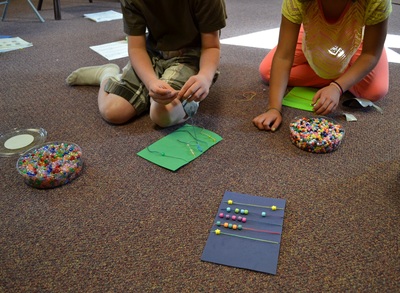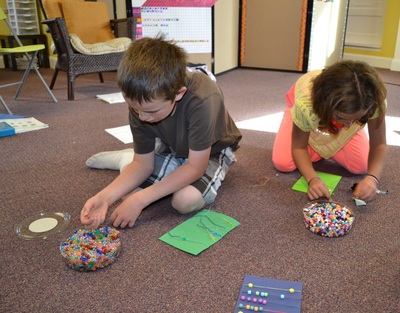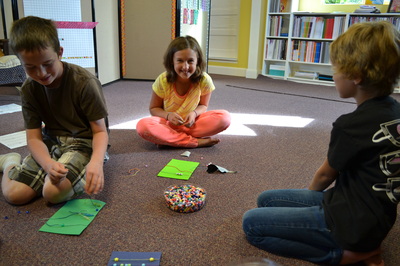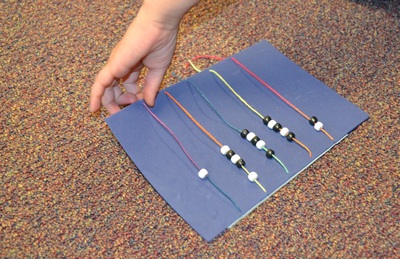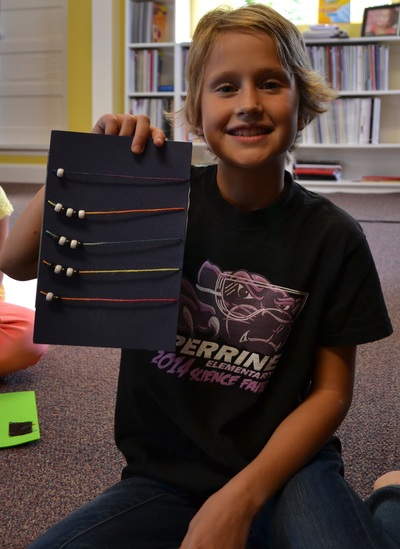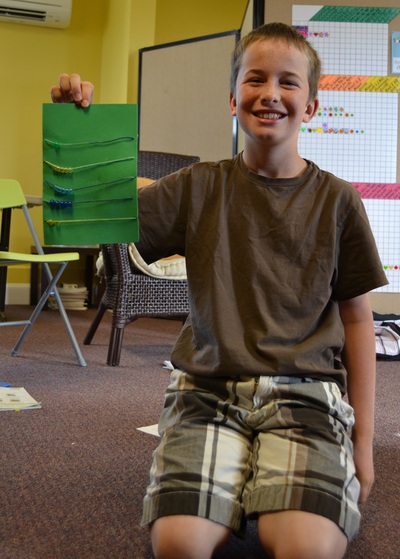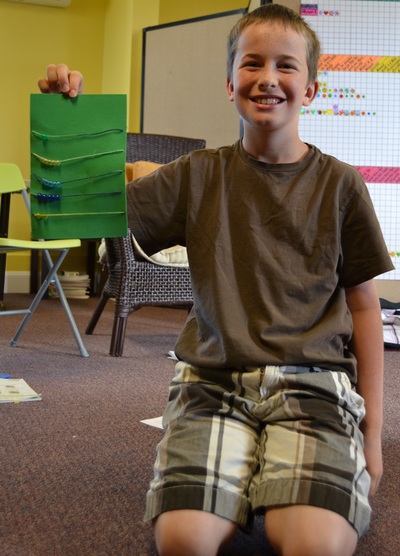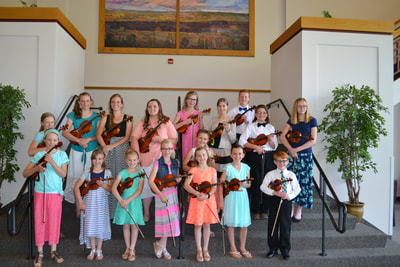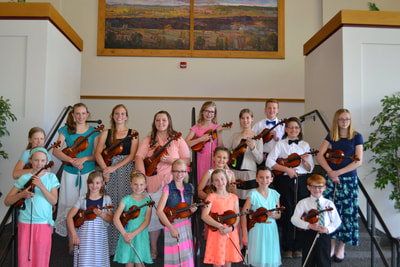Group Classes
Group classes are held in addition to weekly private lessons, and in some instances, may replace the private lesson for the week in question.
Depending on your child's book level/age group, options for group classes can range from 1-2 sessions per month or weekly. It is your decision how often you want to commit to group classes. However, students who attend group classes regularly (and often) predominantly are the ones who make the most progress (independently and collectively) and are also the most motivated and excited about their lessons.
Depending on your child's book level/age group, options for group classes can range from 1-2 sessions per month or weekly. It is your decision how often you want to commit to group classes. However, students who attend group classes regularly (and often) predominantly are the ones who make the most progress (independently and collectively) and are also the most motivated and excited about their lessons.
Piano StudentsGroup classes are an integral part of the learning process, as technique is refined, ensemble skills are built and sightreading and music theory are reinforced. Group classes present the opportunity for students to work on duet, trio, and ensemble pieces. This enables students to work on collaboration, foster inter-studio relationships and provides a motivating medium to encourage music reading—a very necessary prerequisite to learning and performing ensemble literature, accompanying or reading any sort of music just for fun.
|
Violin & Viola StudentsThe group component of the Suzuki method is crucial in a student’s musical development and study. It is the ideal medium to work on and reinforce techniques and concepts learned in the private lesson. Students learn more advanced techniques through review of previously learned pieces; become musically flexible by accepting and reacting to differing interpretations; improve direction-following skills; begin orchestral or small ensemble preparation; learn the value of teamwork and foster inter-studio relationships; offer and receive constructive criticism in a positive environment; become motivated through both a social and educational environment; and prepare for group and solo performances.
|
